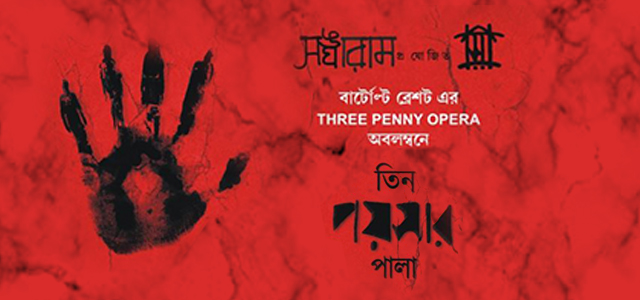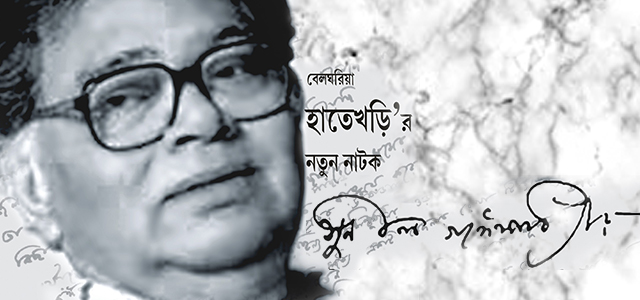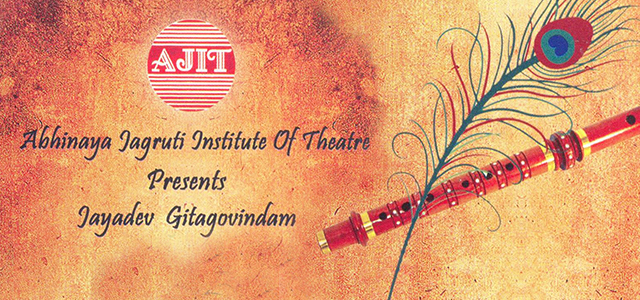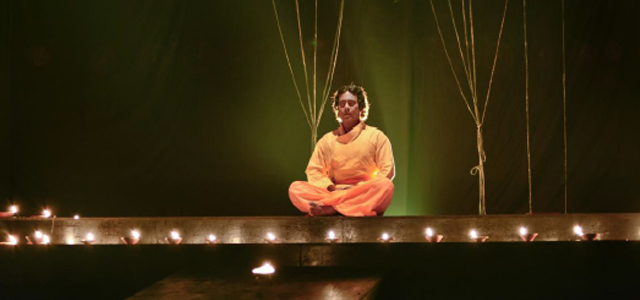By emphasizing Roderigo’s failed bid for Desdemona, and his own dissatisfaction with serving under Othello, Lago convinces Roderigo to wake Brabantio, Desdemona’s father, and tell him about his daughter’s elopement. Lago sneaks away to find Othello and warns him that Brabantio is coming for him.
Before Brabantio reaches Othello, news arrives in Venice that the Turks are going to attack Cyprus; therefore Othello is summoned to advise the senators. Brabantio arrives and accuses Othello of seducing Desdemona by witchcraft, but Othello defends himself successfully before an assembly that includes the Duke of Venice, Brabantio’s Kingsman Ludovico and Gratiano, and various senators. He explains that Desdemona became enamoured of him for the stories he told of his early life, not because of any witchcraft. The senate is satisfied, but Brabantio leaves saying that Desdemona will betray Othello. By order of the Duke, Othello leaves Venice to command the Venetian armies against invading Turks on the island of Cyprus, accompanied by his new wife, his new lieutenant Cassio, his ensign Lago, and Emilia as Desdemona’s attendant. The party arrives in Cyprus to find that a storm has destroyed the Turkish fleet. Othello orders a general celebration. Lago schemes to use Cassio to ruin Othello and takes the opportunity of Othello’s absence at the celebration to persuade Roderigo to engage Cassio in a fight. He achieves this by getting Cassio drunk after Cassio’s own admission that he cannot hold his wine. The brawl alarms the citizenry, and Othello is forced to quell the disturbance. Othello blames Cassio for the disturbance and strips him of his rank. Cassio is distraught, but lago persuades him to importune Desdemona to act as an intermediary between himself and Othello, and persuade her husband to reinstate him.
Lago now persuades Othello to be suspicious of Cassio and Desdemona. As it happens, Cassio is having a relationship of sorts with Bianca, a prostitute. Desdemona drops a handkerchief that was Othello’s first gift to Desdemona and which he has stated holds great significance to him in the context of their relationship. Emilia steals it, at the request of Lago, but unaware of what he plans to do with the handkerchief. Lago plants it in Cassio’s lodgings as evidence of Cassio and Desdemona’s affair. After he has planted the handkerchief, Lago tells Othello to stand apart and watch Cassio’s reactions while Lago questions him about the handkerchief. Lago goads Cassio on to talk about his affair with Bianca, but speaks her name so quietly that Othello believes the two other men are talking about Desdemona when Cassio is really speaking of Bianca. Bianca, on discovering the handkerchief, chastises Cassio, accusing him of giving her a second-hand gift which he received from another lover. Othello sees this, and Lago convinces him that Cassio received the handkerchief from Desdemona. Enraged and hurt, Othello resolves to kill his wife and asks Lago to kill Cassio as a duty to their intimacy. Othello proceeds to make Desdemona’s life miserable, hitting her in front of her family. Desdemona laments her suffering, remembering the fate of her mother’s maid, who was forsaken by her lover. Roderigo complains that he has received nothing for his efforts and threatens to abandon his pursuit of Desdemona, but Lago convinces him to kill Cassio instead, because Cassio has just been appointed governor of Cyprus, and – Lago argues – if Cassio lives to take office, Othello and Desdemona will leave Cyprus, thwarting Roderigo’s plans to win Desdemona. Roderigo attacks Cassio in the street after Cassio leaves Bianca’s lodgings. They fight and both are wounded. Cassio’s leg is cut from behind by Lago who manages to hide his identity as perpetrator. Passers-by arrive to help; Lago joins them, pretending to help Cassio. When Cassio identifies Roderigo as one of his attackers, Lago secretly stabs Roderigo to stop him from confessing. He then accuses Bianca of the failed conspiracy to kill Cassio.
In the night, Othello confronts Desdemona, and then smothers her to death in bed, before Emilia arrives. Othello tries to justify his actions to the distressed Emilia by accusing Desdemona of adultery. Emilia calls for help. The Governor arrives, with Lago, Cassio, and others, an Emilia begins to explain the situation. When Othello mentions t handkerchief as proof, Emilia realizes what Lago has done. She expose him, whereupon Lago kills her. Othello, realizing Desdemona’s innocence attacks Lago but does not kill him, saying that he would rather have him live the rest of his life in pain. For his part, Lago refuses to explain his motives, vowing to remain silent from that moment on. Ludovico, Venetian nobleman, apprehends both Lago and Othello, but Othello commits suicide with a sword before they can take him into custody. At the end, it can be assumed, Lago is taken off to be tortured, and Cassio becomes governor of Cyprus.






